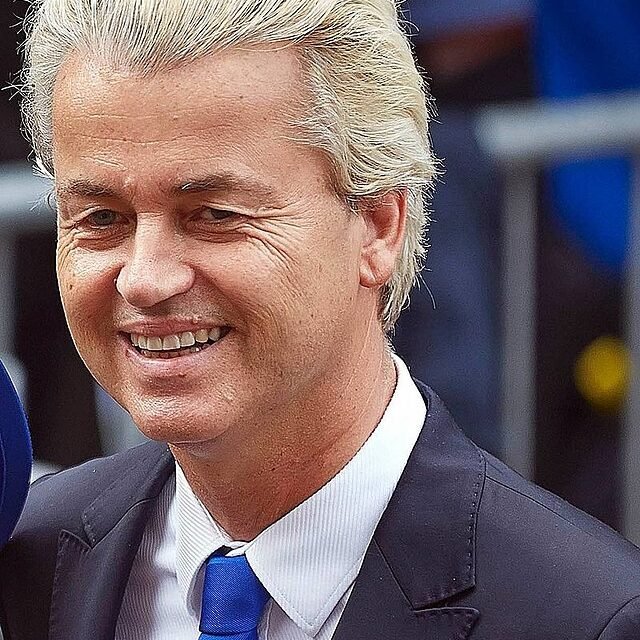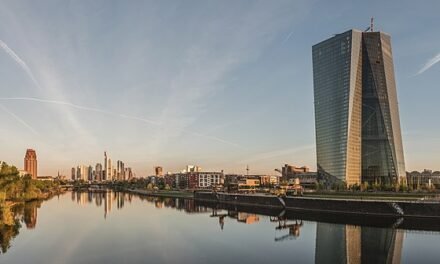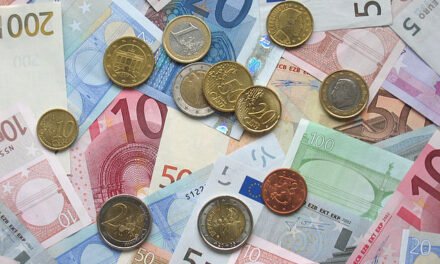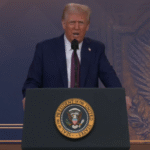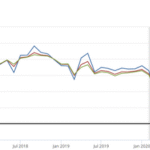The Netherlands faces political turmoil as far-right leader Geert Wilders threatens to pull his party from the governing coalition, unsettling Dutch citizens and sending ripples across Europe. On June 2, 2025, Wilders’ demand for aggressive migration reforms sparked a crisis, leaving families, workers, and migrants uncertain about their future and raising alarms about stability in the EU.
Wilders, head of the Party for Freedom (PVV), issued his ultimatum at a tense press conference in The Hague, insisting his 10-point migration plan—halting asylum intake, deporting Syrian refugees, and shuttering asylum centers—be implemented immediately. “The PVV won’t stay in a coalition that ignores our voters,” he said, hinting at withdrawal if his demands go unmet. The coalition, comprising the center-right VVD, centrist New Social Contract (NSC), and Farmer-Citizen Movement (BBB), has balked, arguing that the PVV-appointed migration minister must refine the proposals. After inconclusive talks on June 2, Wilders told reporters, “We’re at a breaking point,” leaving his final decision pending.
Formed in July 2024 under Prime Minister Dick Schoof, the coalition has been fraught with discord. Wilders, whose PVV led the November 2023 election, has long pushed anti-immigration policies, clashing with partners. A similar threat in 2025 over asylum delays fizzled, but this escalation feels different. In Utrecht, shop owner Hans Dekker, 45, expressed frustration: “We need solutions, not threats. This instability hurts us all.” Polls Wilders referenced online show 70% of PVV supporters favor exiting if the plan stalls, underscoring deep divisions.
The human impact is stark. At Ter Apel’s overcrowded asylum center, migrants like Fatima, a 30-year-old Syrian mother, fear deportation. “I thought we’d be safe here,” she said, clutching her son. Dutch citizens, like Rotterdam nurse Elise van Dijk, 29, worry about housing and healthcare strains. “Migration debates are tearing us apart,” she said. These tensions echo Europe’s migration struggles, from Germany’s tightened borders to Italy’s hardline policies, amplifying the stakes.
Wilders’ threat could topple the government, as PVV’s seats are critical. NSC leader Pieter Omtzigt warned, “A collapse serves no one,” urging dialogue. Opposition figure Frans Timmermans, of the Labor-Green alliance, called Wilders’ move “dangerous,” predicting economic disruption. The coalition also faces pressure from NATO’s defense spending demands, requiring unity amid global tensions. A government fall could delay critical decisions, worrying EU allies.
The broader implications are significant for Europe. A Dutch collapse might galvanize far-right parties in France, Austria, and Hungary, where leaders like Marine Le Pen praise Wilders’ stance. EU migration frameworks, already fragile, could face new challenges if the Netherlands pushes for exemptions. In Brussels, officials fear losing the Netherlands’ stabilizing role, especially with Mark Rutte transitioning to NATO leadership. A European policy expert noted, “Wilders’ actions could shift the EU’s right-wing dynamics.”
Looking ahead, coalition talks resume on June 3, but mistrust lingers. Schoof, a former intelligence chief, has called for calm, asserting his role as “the coalition’s anchor.” Compromise might dilute Wilders’ plan, risking his voter base, or failure could lead to elections, deepening polarization. In Amsterdam, student Noor al-Hassan, 21, voiced concern: “I fear for our unity.” As the Netherlands navigates this crisis, its citizens—from migrants to workers—brace for uncertainty, their lives shaped by a political standoff with Europe-wide consequences.

